
Some of these insect bites and stings do not even hurt, while others can cause quite a serious amount of pain and, for those allergic to a certain kind of insect sting, being stung can even cause anaphylactic shock and become life-threatening.
Many people consider hornets to be insects with a most painful sting. What is interesting about hornets is that they, when compared to bees who can sting only once and then die since their sting is connected to the vital organs in their body, can sting more than once. They don't have that kind of constraint as bees and, on the contrary, hornets can, on each sting, insert more venom into the body of the person stung, making the effect more serious.
A hornet's sting creates irritation and small swelling around the entrance spot. A hornet sting hurts and itches, but for a person who is not allergic it presents no life threat or a significant danger. However, if a person is allergic to hornet stings, only one sting may be enough to cause a coma or even death.
When it comes to treating a wound created by a hornet's sting, you should:
- Get away from the area — where there is one hornet, there may be more. You may even be near their nest, and if they are angry, the hornets may keep stinging, making your problem that much worse.
- Check if, although this rarely happens, a piece of the stinger has been left in the skin. If it was, promptly remove the stinger or any debris.
- Next, disinfection and cleaning of the wound takes place. For this, "mere" water and soap can be used to remove any bacteria, along with as much of the venom as possible, and clean the wound.
- After you clean the area where the hornet stung you, take an ice pack or put ice cubes in a cloth and apply it to the wound in equal frequencies and lengths, optimal being 10 minutes.
- Using an anti-histamine is good if you are hoping to remove the itching around and on the wound, so capsules or cream can be used for this purpose. Hydrocortisone cream will help you reduce inflammation. Note that even people who are not allergic can experience significant swelling up to a week after they were stung by a hornet. A non-steroidal anti-inflammatory medication, such as ibuprofen, can go a long way toward reducing both swelling and any pain you may feel.
- In case of abrupt infection (look out for skin that is very hot to the touch) and failure to reduce the swelling, consult your doctor.
People with allergic reactions should be careful when being stung and notice if any dangerous side effects like breathing difficulties, throat or face swelling, fatigue or rash appears afterwards. If so, they should search for medical help immediately since the outcome may involve death itself. Also, more experienced people who are allergic to hornet or any insect's sting may have epinephrine emergency medication (better known as an EpiPen) with them and use it to prevent any allergic reaction in these cases.



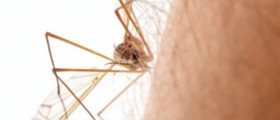

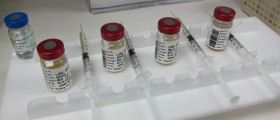


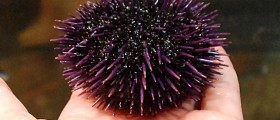

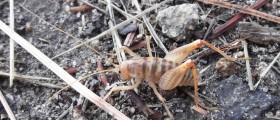



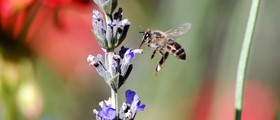
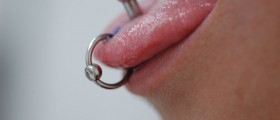
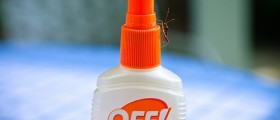
Your thoughts on this
Loading...